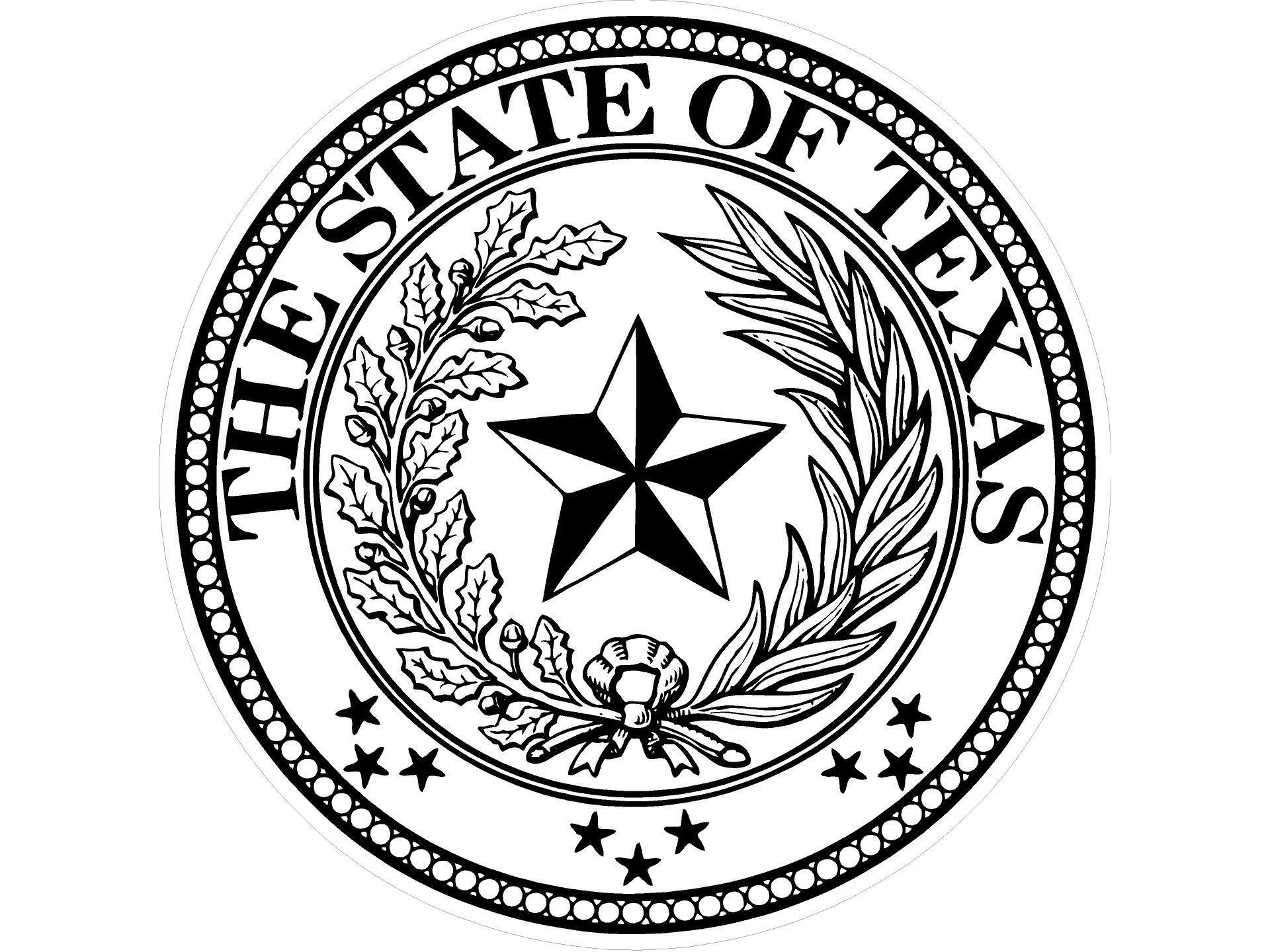Dallas, TX — The Institute for Free Speech cleared a major legal hurdle yesterday when the U.S. Court of Appeals for the Fifth Circuit ruled that the Institute has standing to challenge a Texas law prohibiting nonprofit corporations from providing pro bono legal services to Texas candidates and political committees.
A three-judge panel of the U.S. Court of Appeals for the Fifth Circuit rendered a unanimous decision in Institute for Free Speech v. J.R. Johnson, et al., reversing a lower court dismissal and allowing the Institute’s First Amendment challenge to proceed.
The Fifth Circuit concluded that the Institute has suffered a concrete injury sufficient for pre-enforcement standing, finding that the organization has demonstrated a credible intent to provide pro bono legal representation that could subject it to criminal liability under Texas law as enforced by the TEC. The court also ruled that the Institute’s claims are ripe for adjudication and that sovereign immunity does not bar the lawsuit’s pursuit of injunctive relief against Texas Ethics Commission (TEC) officials in their official capacities.
The Institute originally filed the lawsuit in August 2023 after the TEC issued Advisory Opinion No. 580, which interpreted the state’s corporate contribution ban to prohibit nonprofit organizations from providing free legal services to candidates and political committees for constitutional challenges to campaign-finance laws.
The lawsuit argues that Texas’s interpretation of its corporate contribution ban violates the Institute’s First Amendment rights to free speech, petition, and association by preventing the organization from fulfilling its mission to defend political speech rights through strategic litigation.
The ban prevents the Institute from representing Chris Woolsey, a Corsicana city councilman seeking reelection, and the Texas Anti-Communist League PAC in challenging a Texas law requiring political advertising signs to include a government-prescribed notice. Both prospective clients believe the compelled notice requirement violates their First Amendment rights but lack the financial means to hire private attorneys.
Yet, Advisory Opinion No. 580 raises the possibility of criminal prosecution if a non-profit corporation like the Institute for Free Speech were to represent candidates or committees pro bono. Monday’s ruling opens the door for the Institute to challenge the constitutionality of that ban. The case now returns to the U.S. District Court for the Western District of Texas for further proceedings on the merits.
“We are pleased with this opinion, as it clears the way for us to challenge Texas’s unconstitutional ban on pro bono legal services for Texas candidates or political committees,” said David Keating, President of the Institute for Free Speech. “We can now proceed to sue to protect the right of organizations like ours to provide such representation without fear of criminal prosecution.”
Institute Senior Attorney Del Kolde, who leads the litigation effort and argued the case before the Fifth Circuit, underscored the decision’s significance: “This opinion establishes a good precedent for pre-enforcement challenges. It is important that the court recognized that attorneys working for non-profit corporations shouldn’t have to risk criminal liability just to test this law’s constitutionality.”
Local counsel Tony McDonald also praised the decision: “The Fifth Circuit correctly found that we have standing to challenge this harmful restriction. We look forward to continuing to litigate this important right and demonstrating that Texas cannot criminalize pro bono legal services for political speech cases just because the provider is a non-profit corporation.”
To read the Fifth Circuit’s opinion in Institute for Free Speech v. J.R. Johnson, et al., click here. To read the original press release on the filing of the case, click here. To review all case materials and background, please visit our case page here.
About the Institute for Free Speech
The Institute for Free Speech promotes and defends the political speech rights to freely speak, assemble, publish, and petition the government guaranteed by the First Amendment.














